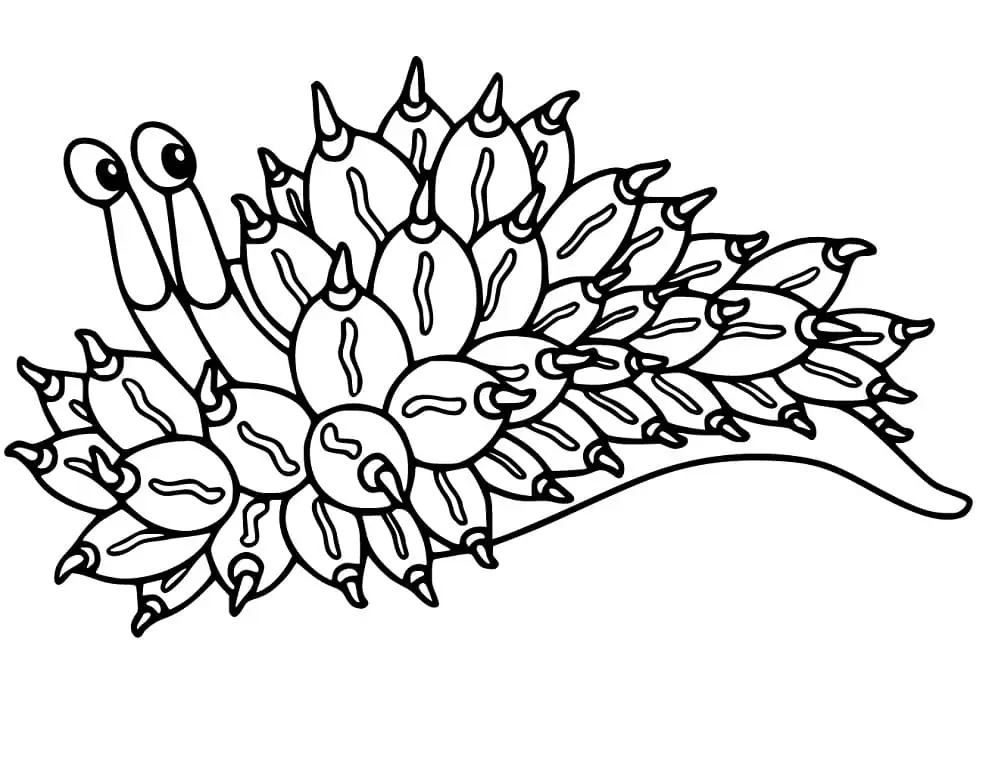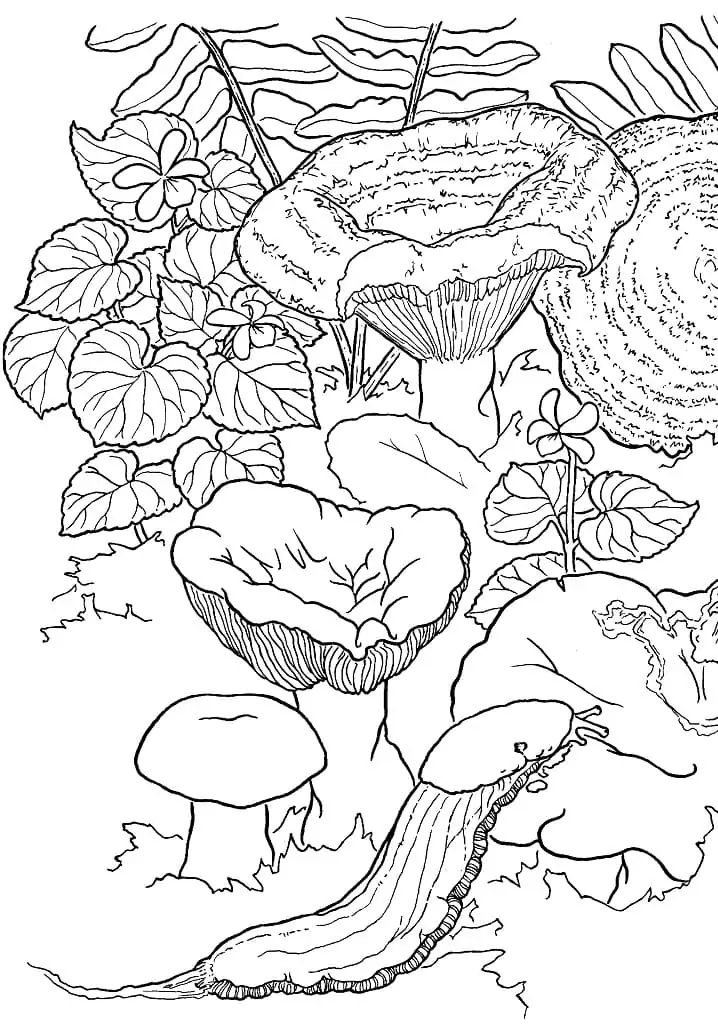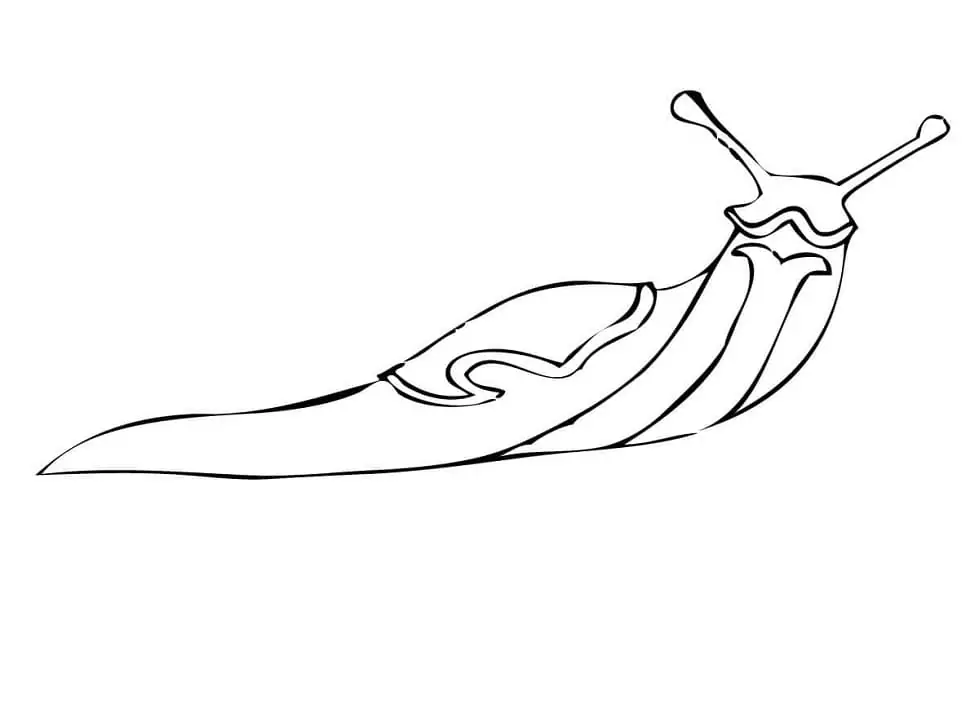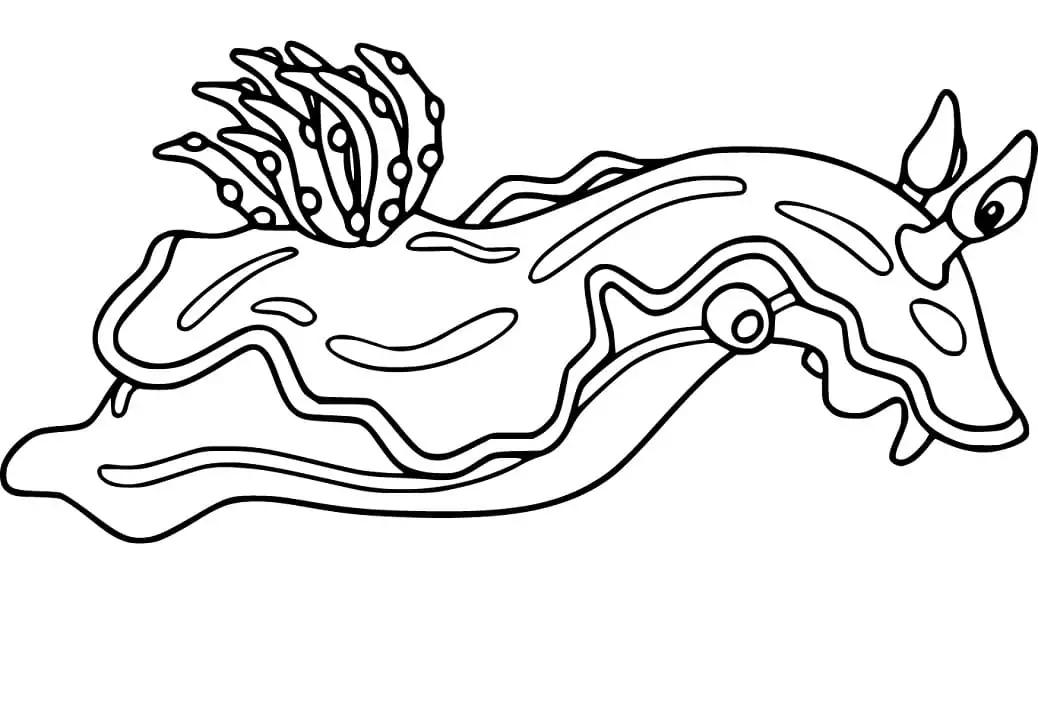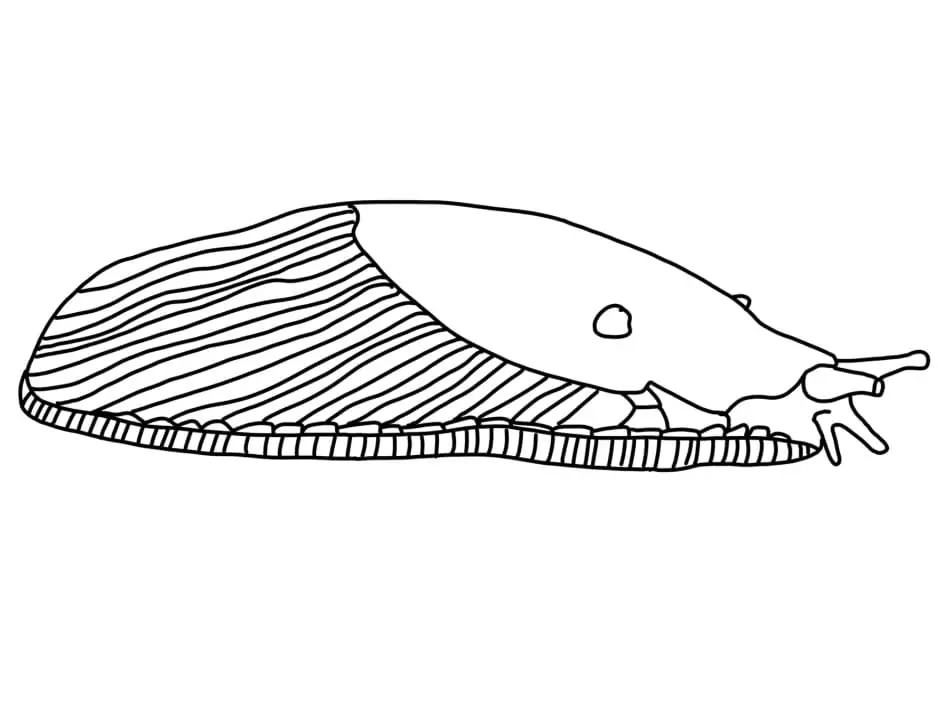Wp Page Show Slug - Some of them involve simply navigating wordpress’s admin. In this article, we’ll explore 5 methods you can use to inspect a post or page’s slug. Use the global variable $post: There are several ways to get the current page’s or post’s slug in wordpress. Best option to do this according to wp codex is as follow. Most simply, a post’s or page’s slug can be retrieved by accessing. Another safer alternative to this problem is using get_queried_object() which holds the current queried object to get the page slug.
There are several ways to get the current page’s or post’s slug in wordpress. Use the global variable $post: Some of them involve simply navigating wordpress’s admin. In this article, we’ll explore 5 methods you can use to inspect a post or page’s slug. Best option to do this according to wp codex is as follow. Most simply, a post’s or page’s slug can be retrieved by accessing. Another safer alternative to this problem is using get_queried_object() which holds the current queried object to get the page slug.
Some of them involve simply navigating wordpress’s admin. There are several ways to get the current page’s or post’s slug in wordpress. Best option to do this according to wp codex is as follow. In this article, we’ll explore 5 methods you can use to inspect a post or page’s slug. Most simply, a post’s or page’s slug can be retrieved by accessing. Use the global variable $post: Another safer alternative to this problem is using get_queried_object() which holds the current queried object to get the page slug.
Happy Slug
Best option to do this according to wp codex is as follow. Some of them involve simply navigating wordpress’s admin. Another safer alternative to this problem is using get_queried_object() which holds the current queried object to get the page slug. In this article, we’ll explore 5 methods you can use to inspect a post or page’s slug. Most simply, a.
What Is A Post Slug in WordPress and Its Features?
Use the global variable $post: Most simply, a post’s or page’s slug can be retrieved by accessing. Best option to do this according to wp codex is as follow. There are several ways to get the current page’s or post’s slug in wordpress. In this article, we’ll explore 5 methods you can use to inspect a post or page’s slug.
6 Simple Ways to Change a Slug in WordPress WP Thinker
Use the global variable $post: Some of them involve simply navigating wordpress’s admin. Another safer alternative to this problem is using get_queried_object() which holds the current queried object to get the page slug. There are several ways to get the current page’s or post’s slug in wordpress. In this article, we’ll explore 5 methods you can use to inspect a.
Happy Slug
Most simply, a post’s or page’s slug can be retrieved by accessing. Use the global variable $post: Another safer alternative to this problem is using get_queried_object() which holds the current queried object to get the page slug. In this article, we’ll explore 5 methods you can use to inspect a post or page’s slug. Best option to do this according.
Happy Slug
In this article, we’ll explore 5 methods you can use to inspect a post or page’s slug. Some of them involve simply navigating wordpress’s admin. Use the global variable $post: Best option to do this according to wp codex is as follow. There are several ways to get the current page’s or post’s slug in wordpress.
Happy Slug
Best option to do this according to wp codex is as follow. Use the global variable $post: There are several ways to get the current page’s or post’s slug in wordpress. In this article, we’ll explore 5 methods you can use to inspect a post or page’s slug. Most simply, a post’s or page’s slug can be retrieved by accessing.
Happy Slug
Best option to do this according to wp codex is as follow. In this article, we’ll explore 5 methods you can use to inspect a post or page’s slug. Use the global variable $post: Some of them involve simply navigating wordpress’s admin. Most simply, a post’s or page’s slug can be retrieved by accessing.
Happy Slug
Some of them involve simply navigating wordpress’s admin. Use the global variable $post: In this article, we’ll explore 5 methods you can use to inspect a post or page’s slug. Best option to do this according to wp codex is as follow. Another safer alternative to this problem is using get_queried_object() which holds the current queried object to get the.
A Slug
Best option to do this according to wp codex is as follow. Use the global variable $post: Another safer alternative to this problem is using get_queried_object() which holds the current queried object to get the page slug. Some of them involve simply navigating wordpress’s admin. Most simply, a post’s or page’s slug can be retrieved by accessing.
Get Current Page Slug in WordPress // WPAssist
Use the global variable $post: Another safer alternative to this problem is using get_queried_object() which holds the current queried object to get the page slug. There are several ways to get the current page’s or post’s slug in wordpress. Some of them involve simply navigating wordpress’s admin. Best option to do this according to wp codex is as follow.
Most Simply, A Post’s Or Page’s Slug Can Be Retrieved By Accessing.
In this article, we’ll explore 5 methods you can use to inspect a post or page’s slug. There are several ways to get the current page’s or post’s slug in wordpress. Another safer alternative to this problem is using get_queried_object() which holds the current queried object to get the page slug. Use the global variable $post:
Best Option To Do This According To Wp Codex Is As Follow.
Some of them involve simply navigating wordpress’s admin.
